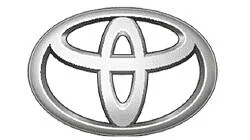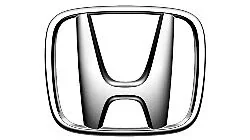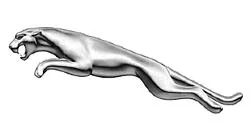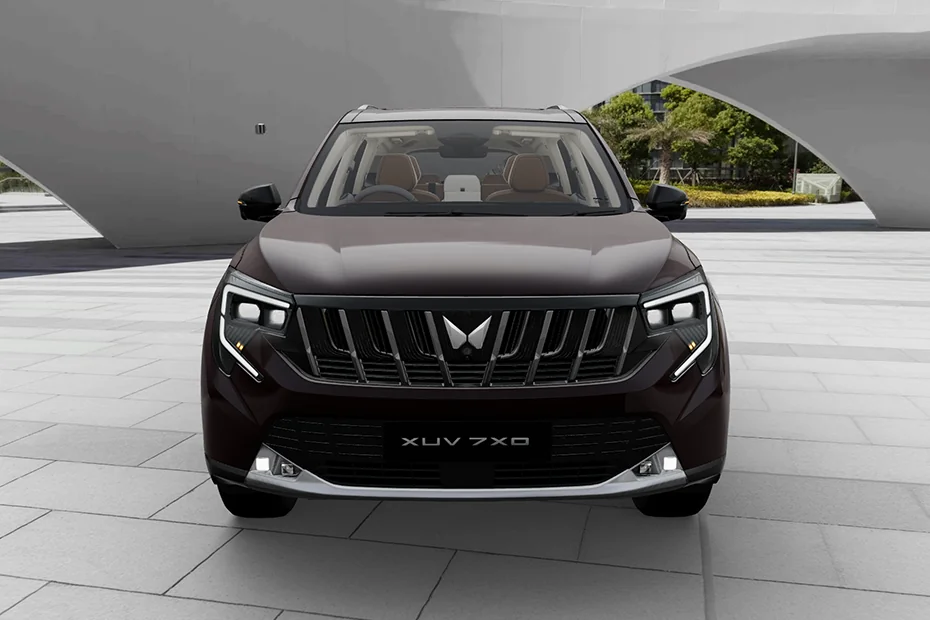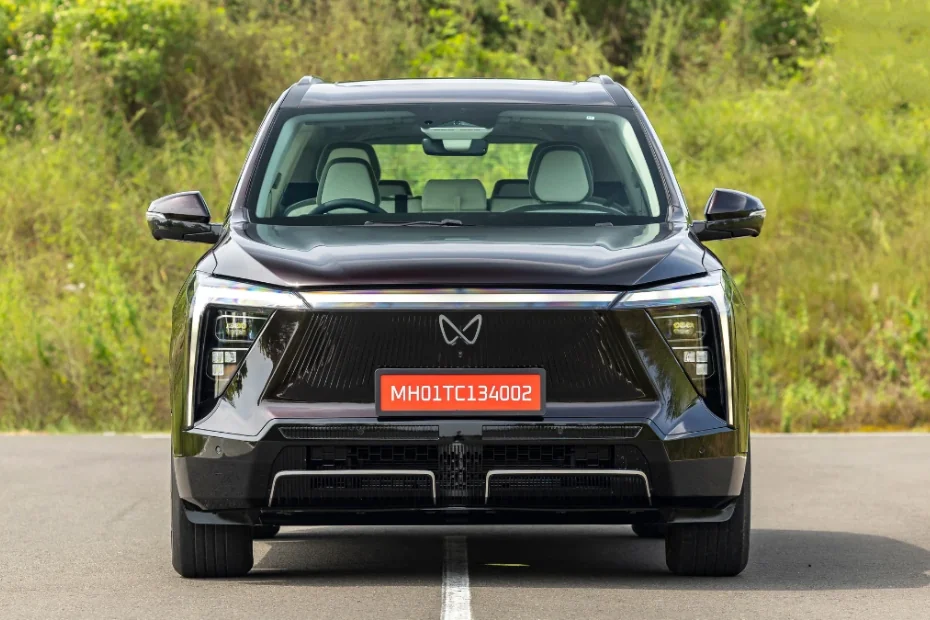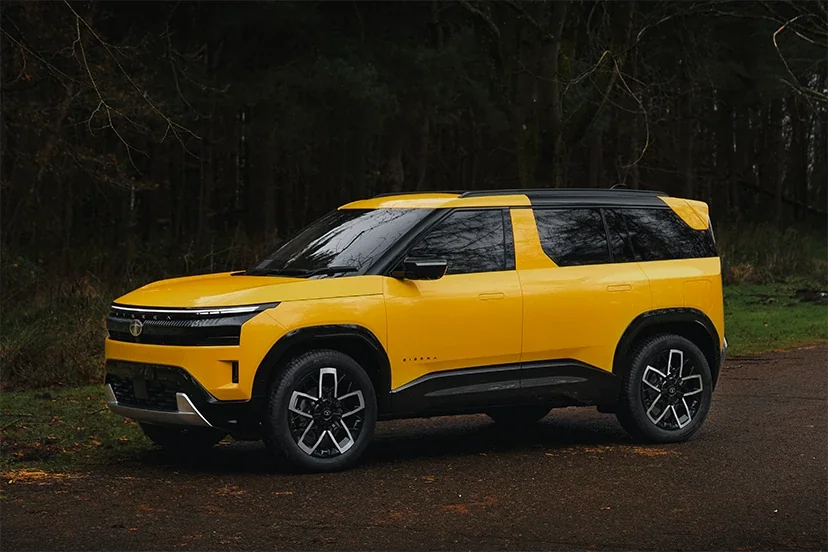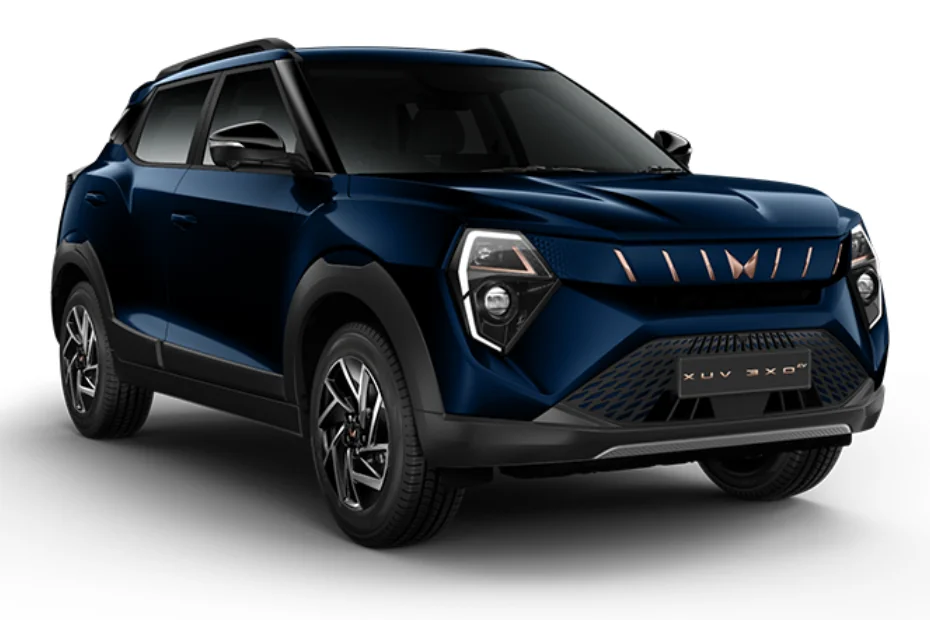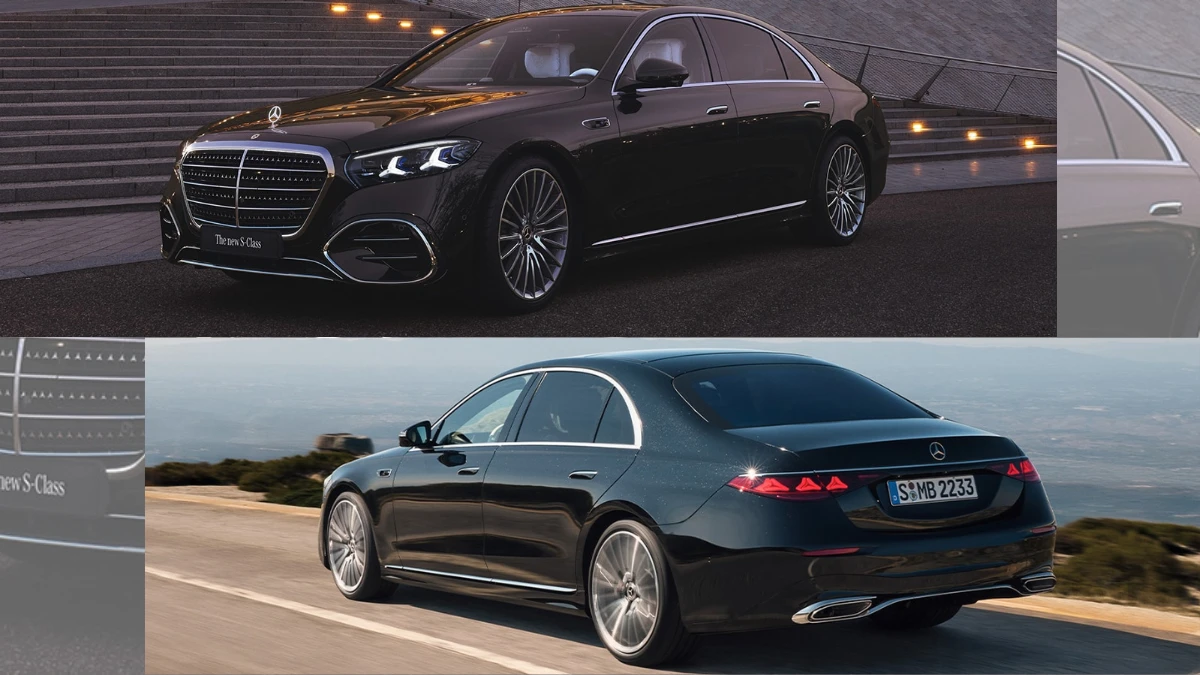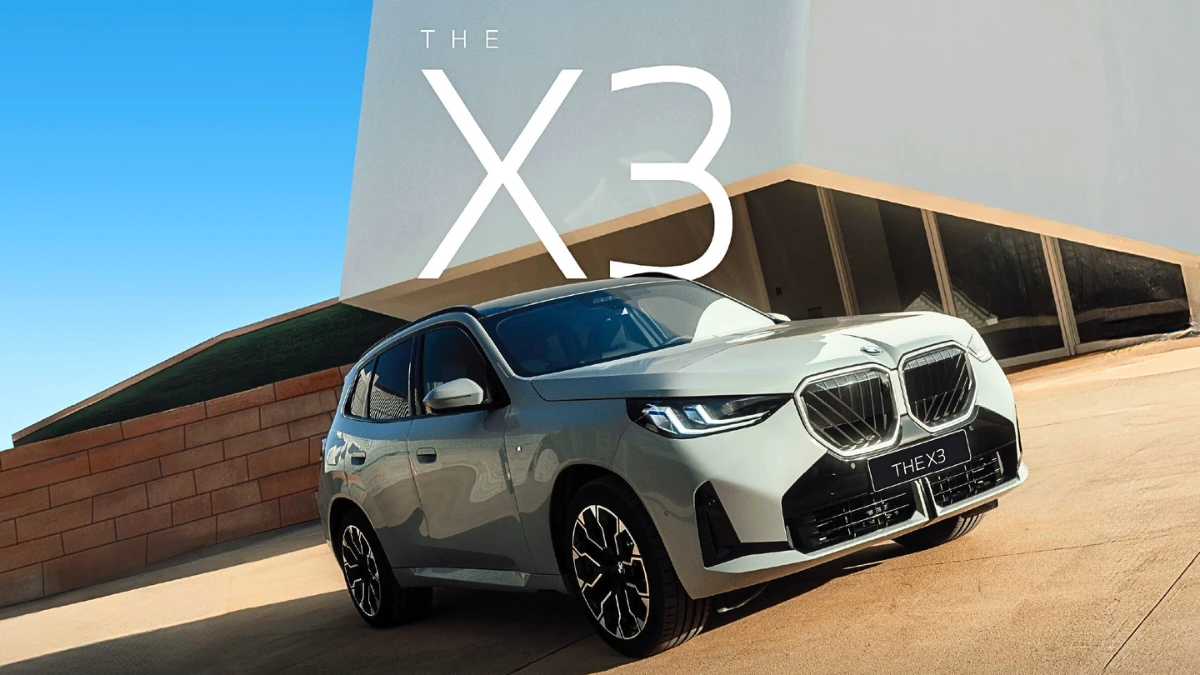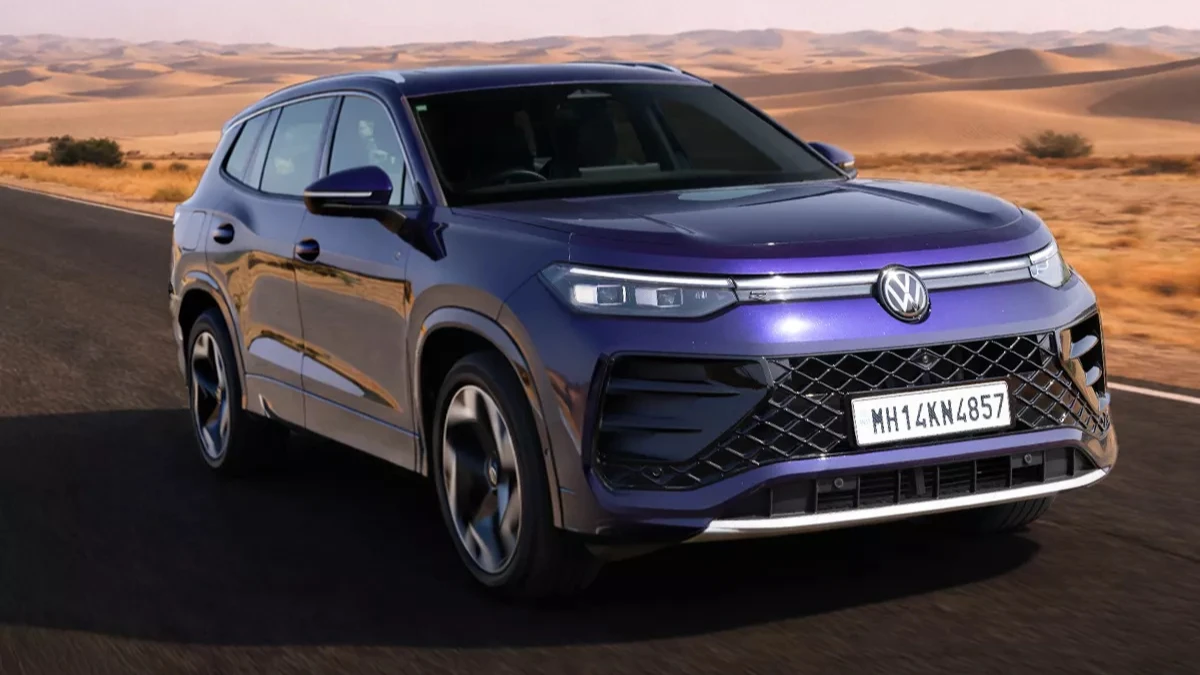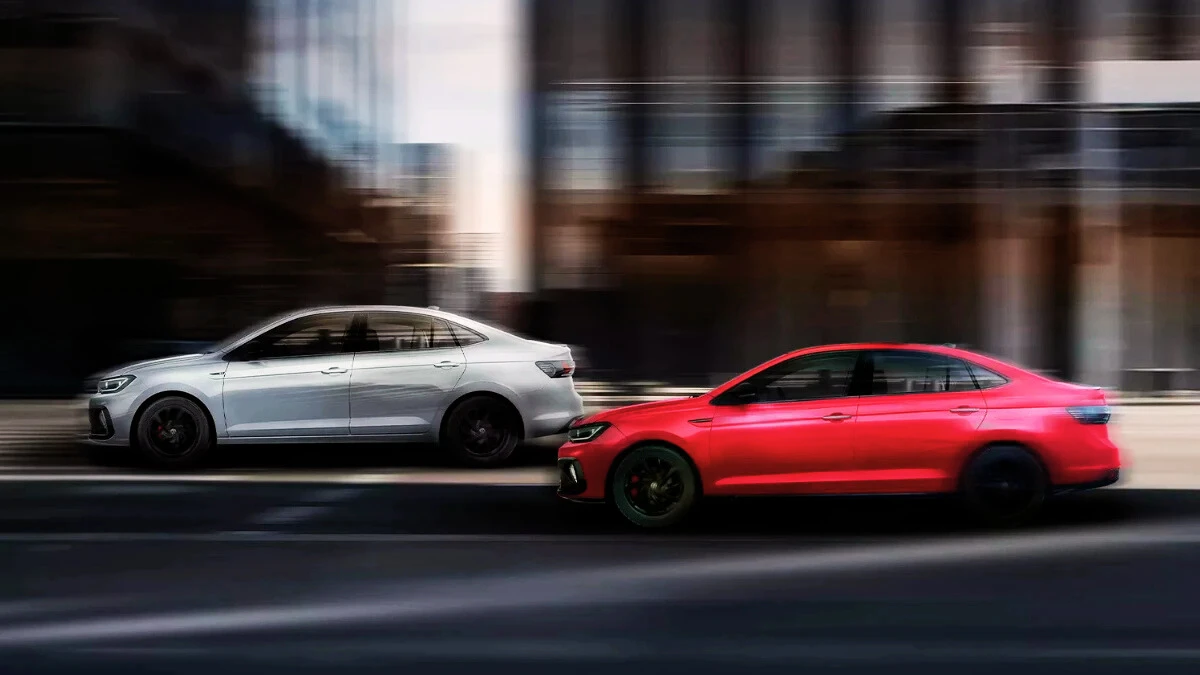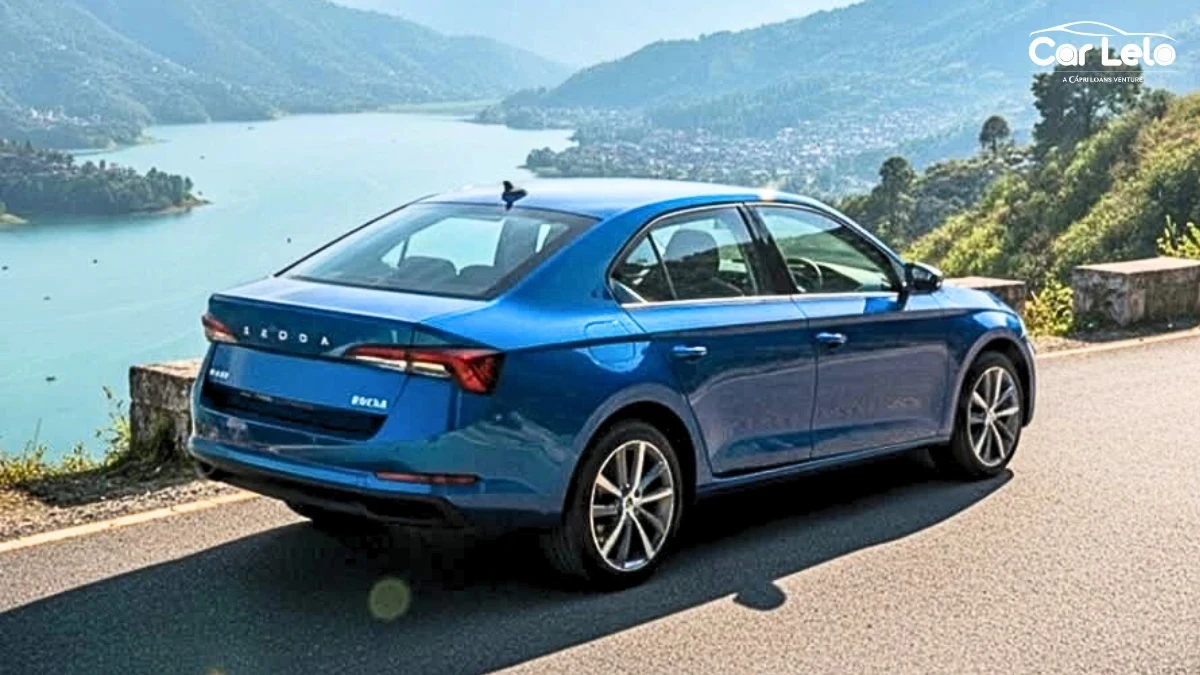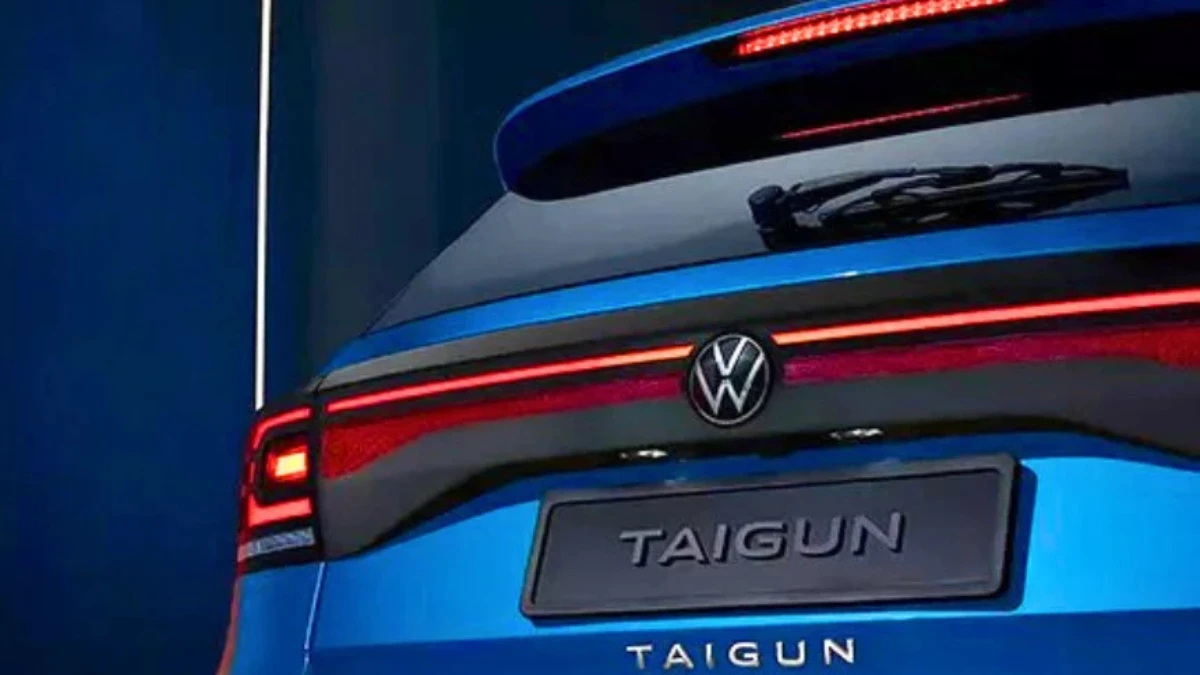Adaptive Cruise Control in ADAS Might Not Be as Safe as You Think – Here’s Why

Adaptive Cruise Control, or ACC, is a standard feature in most vehicles today. It helps to maintain a comfortable distance from the front car, thereby making long drives or travelling during rush hour less exhausting. While ACC promises stress-free driving, recent studies have raised concerns about its safety.
Let us discuss the reasons why adaptive cruise control is less reliable than you think.
What is Adaptive Cruise Control?
Adaptive Cruise Control is a feature of vehicles that helps the vehicle modify its speed in such a way that it stays at a distance from the preceding vehicle. Adaptive Cruise Control features radar sensors which are pre-fitted and tell the gap between your car and the vehicle ahead of you, and it slows down or accelerates your vehicle depending on the gap. Other cars, such as the Mercedes-Benz S-Class, have systems that regulate your vehicle's speed based on signs and road conditions.
As opposed to regular cruise control, in which you establish a fixed speed, ACC allows you to establish a comfortable distance. You typically utilize steering wheel buttons to set this distance. The aim of the system is to reduce driving tension, especially during traffic congestion.
Does Adaptive Cruise Control Ever Not Work as Planned?
ACC is not always going to behave the way it should. The system will sometimes miss smaller cars, such as motorcycles. The technology also doesn't function on curvy roads. When the road becomes curvy, ACC loses sight of the car in front, and your vehicle will speed up hard and then grab hard when the road returns to being straight.
Secondly, ACC could not react quickly enough if another vehicle abruptly cuts into your lane. Such situations could be dangerous since the system would not decelerate enough.
Is ACC Appropriate in Adverse Weather?
Adaptive cruise control system is also in danger of harmful climatic conditions. When heavy snow or heavy fog has prevailed for a whole day, the system's camera and radar sensor will be dysfunctional. The system will thus get mislead during identifying other vehicles or road marks clearly. Such days' dependency on ACC increases the possibility of an accident swiftly.
Keep in mind that you have to drive carefully at all times, especially on bad weather. Your ACC can't react as quickly to traffic changes as you would.
Is Adaptive Cruise Control Safe on Its Own?
While the studies showed that normal cruise control could increase the rate of accidents by 12%, adaptive cruise control was not improved as much. In a few instances, it increased the risk of accidents by 1.8%, while in others it showed an 8% increase in crashes. However, the same research indicated that ACC would be useful when combined with other safety features. For instance, features like AEB (Automatic Emergency Brake) can reduce the likelihood of accidents when combined with ACC.
Do You Trust Adaptive Cruise Control?
Adaptive cruise control can make life easier to drive, but don't use it as much. ACC won't perform every situation well, and it will get you too relaxed at the wheel. Always stay alert and ready to take the car from the system when needed.
It is pleasant to be aware of how your vehicle drives and what it will and not do. Read the handbook and get familiar with where cameras and sensors are. Clean them from time to time and update the maps or software. Your safety is still in your hands even with advanced technologies like adaptive cruise control.
Also Read: Audi A8 L, RS 5 Sportback Removed from India Lineup
About Author
Kritika Dadhich, a skilled writer who seamlessly juggles her roles as a blogger and poet. With a deep love for cars and a talent for storytelling, she brings fresh insights and captivating narratives. Join her on an exciting journey through the world of automobiles.
Top Car Brands in India
Top Car Brands in India
Trending Car News in India
Trending Cars in India
Trusted Dealer
All Over India
Irresistible Offers
Stay Updated, Pay Less
Compare Cars
Choose the Right Car
Easy Finance
Multiple Finance Options

Monday - Saturday
10:00am - 6:30pm
+91 7947722777, +91 7479000444, +91 9311718549
contact@carlelo.com









